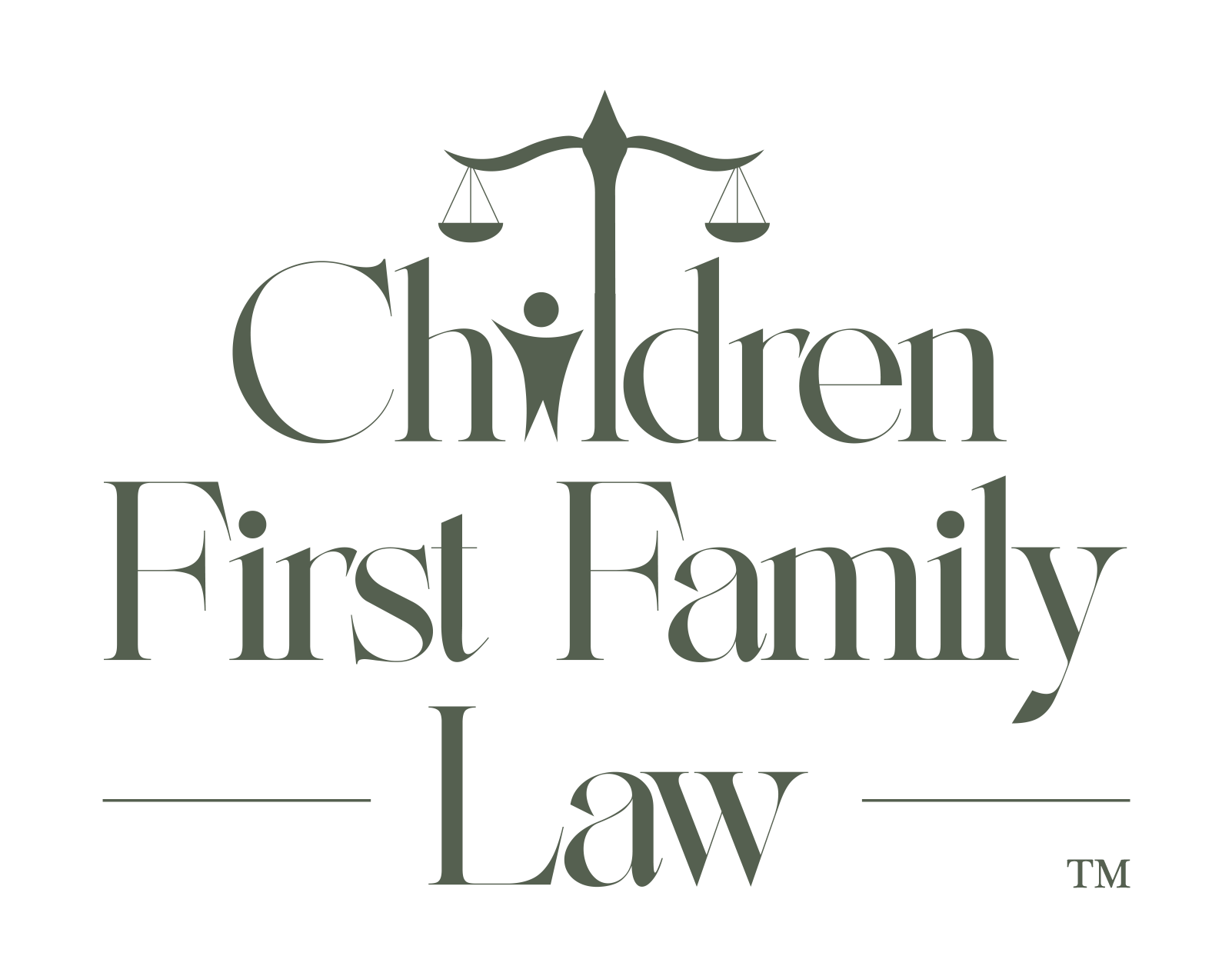Key Takeaways:
- A Child’s Legal Representative (CLR) represents the child’s best interests in family law cases.
- Early appointment of a CLR can prevent prolonged conflict and toxicity.
- CLR roles involve detailed investigation, direct child interaction, negotiation, and possible litigation.
- Success in CLR cases focuses on children’s well-being, relationships, and long-term emotional health.
- A CLR provides crucial mediation and therapeutic support throughout the family law process.
Introduction
Navigating family law issues can be complex, especially when children’s interests are involved. Krista Nash, a respected Divorce Attorney in Colorado from Children First Family Law, outlines the critical role of a Child’s Legal Representative (CLR) in family law cases. Serving clients across Denver, Lakewood, Arvada, Boulder, Colorado Springs, Greeley, and Pueblo, Nash brings clarity to how CLRs function and how families can effectively work with them to achieve the best outcomes for children during divorce or custody disputes.
Understanding the Role of a Child’s Legal Representative (CLR)
A Child’s Legal Representative, known as a CLR, is appointed specifically to advocate for a child’s best interests in family law cases in Colorado. Unlike typical custody evaluators or child-focused investigators (CFIs/PREs), CLRs maintain active, ongoing roles in the family dynamic, helping mediate conflicts and providing negotiation strategies throughout the process.
When and Why a CLR is Appointed
Ideally, a CLR should be brought into family law cases early, even before final decisions are made (pre-decree). However, CLRs are commonly appointed during high-conflict situations, post-divorce decree, or when there’s a sudden crisis, such as motions to restrict parenting time or protection orders.
Early CLR involvement can reduce long-term damage by intervening before family conflicts become deeply entrenched, ultimately protecting children from prolonged emotional distress.
Steps in Working with a CLR
Step 1: Initial Appointment and Scope Definition
The CLR’s appointment is formalized by court order, defining their role clearly through legal documentation (JDF 1319 and JDF 1320 in Colorado). It specifies whether the CLR addresses parenting time, decision-making, substance abuse, or domestic violence issues, ensuring broad and comprehensive coverage from the start.
Step 2: Onboarding and Parent Interviews
After appointment, a CLR conducts an extensive review of court documents and interviews parents and involved professionals, such as therapists or school counselors. This helps identify underlying issues like domestic violence or child abuse and sets the foundation for effective intervention.
Step 3: Direct Engagement with Children
Direct interaction with the children involved is essential. CLRs prefer in-person home visits to observe and understand the child’s environment genuinely. Clarifying the CLR’s role directly with the children helps manage expectations and fosters trust.
During these interactions, the CLR assesses children’s experiences, emotional state, and their relationship dynamics with parents. This process is especially significant when children resist contact with one parent, a common scenario in family law cases.
Step 4: Negotiation and Problem-Solving
A major advantage of a CLR is their ongoing ability to negotiate and mediate solutions between parents and legal representatives. The CLR acts as a central, neutral figure, facilitating therapeutic interventions and proposing temporary stipulations to alleviate immediate conflicts. Maintaining active court dates ensures consistent progress towards resolution.
Step 5: Therapeutic Work and Continued CLR Involvement
Therapy often becomes integral, especially when addressing parent-child conflicts (PCCP). CLRs coordinate specialized therapeutic services to repair strained relationships. Frequent updates and check-ins with therapists, parents, and involved professionals ensure ongoing progress and identify any new issues promptly.
Step 6: Court Interaction and Status Conferences
Regular interactions with the court through status conferences help maintain momentum and accountability in the family’s progress. These check-ins provide opportunities for informal resolutions without extensive litigation.
Step 7: Keeping the Case on Track
Between formal court engagements, the CLR continuously manages flare-ups and frustrations from parents or attorneys. They offer reality checks and mediate disputes, ensuring therapeutic processes remain effective without unnecessary litigation.
Step 8: Knowing When to Push for Action
CLRs strategically determine when to encourage increased parental involvement, therapeutic participation, or even initiate litigation. Decisions are based on ongoing feedback from therapists and professionals working directly with the family.
Step 9: Settlement Efforts
The CLR actively pursues peaceful resolution through settlement conferences or mediation. This stage prioritizes children’s long-term emotional health and family relationships over rigid custody arrangements or equal parenting time.
Step 10: Litigation as Last Resort
While aiming for collaborative resolutions, CLRs are prepared for litigation if necessary. They hold full legal standing, can submit evidence, cross-examine witnesses, and actively participate in trials. They play a critical role in clearly communicating the child’s voice and best interests to the court.
Balancing Parental Rights and Child Autonomy
A CLR navigates the delicate balance between children’s emerging autonomy and parents’ fundamental rights. While children’s voices are crucial, especially adolescents, CLRs ensure they understand parental rights within the legal framework of Colorado family law.
How Different Jurisdictions Approach Child Representation
Internationally, child representation varies widely. Countries like Australia and Canada consistently include child voices through specialized reports and advocates. Colorado’s CLR approach uniquely combines active negotiation, therapeutic intervention, and litigation capabilities, making it particularly effective in managing complex family law dynamics.
Redefining Success in CLR Cases
Success in cases involving a CLR isn’t measured solely by parenting time arrangements. Instead, success revolves around improving familial relationships, promoting children’s emotional well-being, and effectively resolving conflicts to prevent ongoing litigation and emotional harm.
Contact Krista Nash at Children First Family Law
If you’re facing family law challenges in Denver, Lakewood, Arvada, Boulder, Colorado Springs, Greeley, or Pueblo, consider consulting Krista Nash at Children First Family Law. With extensive experience as a Divorce Attorney in Colorado specializing in child advocacy, she can provide compassionate, informed guidance tailored to your family’s unique needs.
Need help navigating family law complexities involving your children? Schedule your consultation today by calling (720) 252-9638 or visiting Children First Family Law online. Let’s work together to create a healthier, more positive outcome for you and your family.
